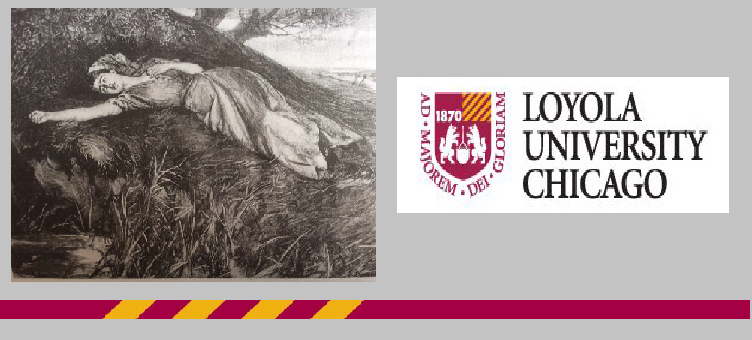Loyola University is hosting a day conference called Versions, Versioning, and Versionality.
It takes place Saturday, October 31 in Information Commons 4th Floor on the Lake Shore Campus of Loyola University, 6501 North Kenmore Avenue between 8:45 am and 5:00 pm.
The conference is about versions as things, versions as implemented editorially or in performance or for particular audiences, and leads on to theoretical reflection upon the condition of versionality. There will be four plenary papers each followed by a round-table response reflecting on their possible extensions or implications.
From the organizers:
Have we become more interested in versions of cultural works than in works themselves? Versioning seems to be gathering in allegiance amongst scholarly editors and university presses that publish “complete works” series. The traditional ideal of the reading text of a work established editorially on the basis of final authorial intention has less purchase than it once had. Historical appeals to textual authenticity as witnessed by a manuscript or printed form are in the ascendant, and digital archives have strengthened the shift by routinely aiming to capture in their complex encodings the text and physical features of the historical document. Similarly, heightened interest in recorded live or in the studio have brought added attention to the question of versionality
Presentations include:
- Michael Anesko of Penn State University, “The Textual Condition of Henry James’s The Ambassadors: A Revised Scenario”
- Robin Schulze of the University of Delaware, “When is a Version Not a Version?: Printing Marianne Moore”
- Joseph Janangelo of Loyola University Chicago, “Serving the Material: Remastering Maria Callas and Completing Judy Garland”
- Suzanne Gossett of Loyola University Chicago, “What Do We Mean by ‘Versions’ of Shakespeare’s Plays?”
For more information, contact: Prof. Paul Eggert at peggert@luc.edu.
Presented by the Martin J. Svaglic Endowed Chair in Textual Studies and the Center for Textual Studies and Digital Humanities.
